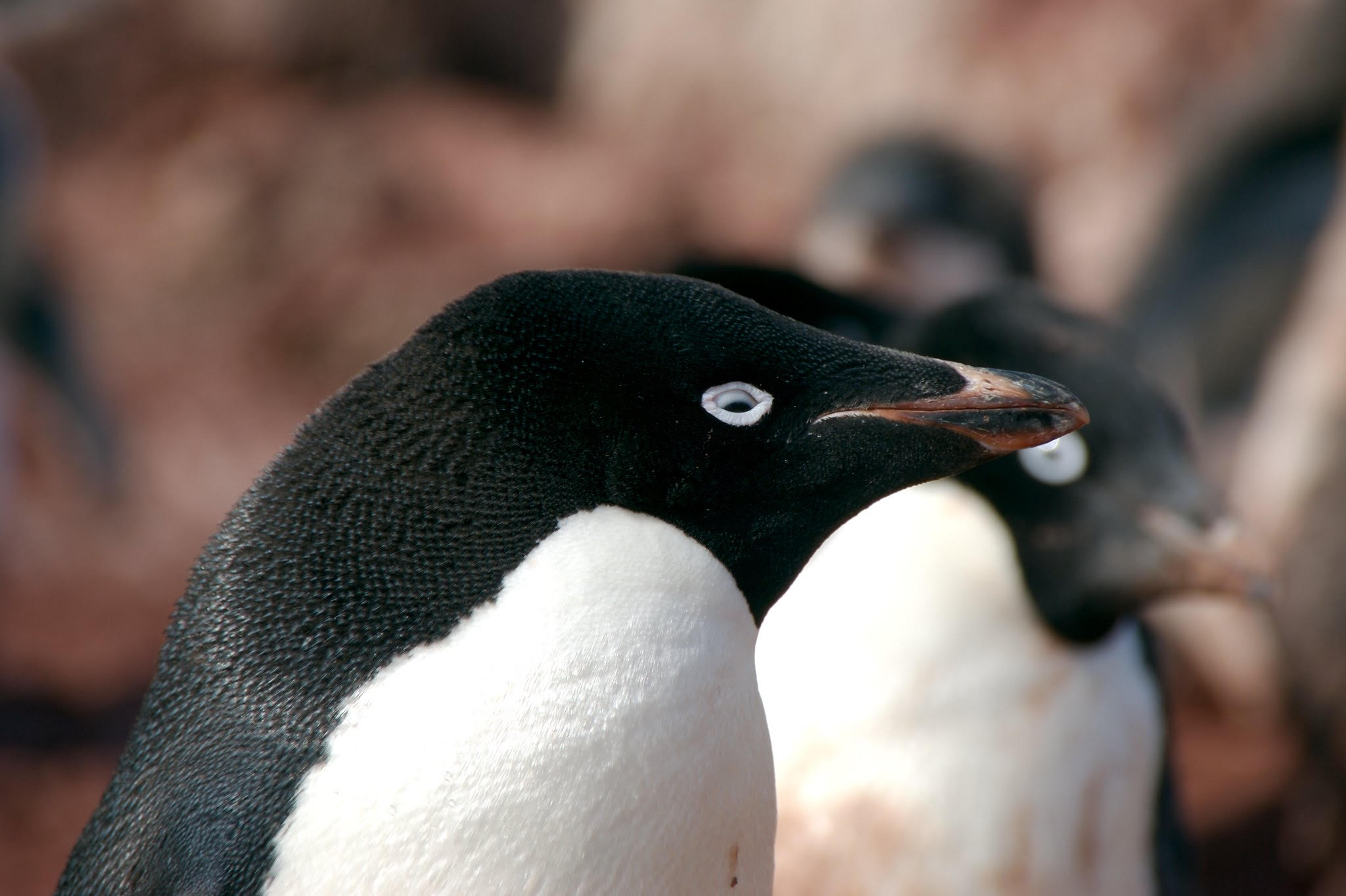An international virologist group representing more than 80 research labs across more than 40 countries yesterday reaffirmed their support for the continued development and deployment of mRNA vaccines, a statement that came in response to the United States’ top health agency announcement earlier this month that it was scrapping further work on projects involving the mRNA vaccine platform.
.jpg)
Scientists and public health experts said dismantling the research is a dangerous move that will dramatically hobble US pandemic preparedness. However, the head of the National Institutes of Health (NIH), Jay Bhattacharya, MD, PhD, on X yesterday amplified what many scientists say is misinformation about mRNA risks and benefits by posting a clip from a far-right political talk show where he said the mRNA vaccine platform is no longer viable for public health purposes.
The Global Virus Network (GVN), which is dedicated to advancing pandemic preparedness, said vaccination is one of public health’s greatest achievements and has prevented 4.4 million deaths each year. It added that mRNA vaccine platforms have emerged as one of the most significant biomedical achievements of the 21st century, and have reshaped the world’s ability to quickly respond to new viral threats.
The group estimated that the COVID-19 vaccines averted 7.5 million deaths between 2000 and 2024 globally, and that of the more than 298 million doses administered in the United States in the first 6 months of rollout, fewer than 1% of recipients experienced adverse reactions or complications. GVN added that clinical data suggest between March 2021 and January 2022, mRNA cut the death rate by about 90% and were 94% effective against severe disease during the Omicron wave.
mRNA work continues for other disease threats and cancer therapy
Johan Neyts, PhD, who directs the GVN Center of Excellent in at KU Leuven in Belgium, said in a statement, “Various members of the GVN are working across continents to accelerate innovation in mRNA-based vaccines, not only for coronaviruses but also for dengue, Zika, Lassa fever, and other high-consequence pathogens.” The group noted that the mRNA vaccine platform has also shown promise for cancer immunotherapy.
The statement also said scientific transparency, public health engagement, and a global commitment to research must remain at the heart of mRNA vaccine deployment strategies. GVN said it advocates for a globally coordinated approach to mRNA vaccine development and deployment that hinges on expanding capacity in low- and middle-income countries, supporting next-generation mRNA innovation, and battling misinformation through collaboration.
-2.jpg)











